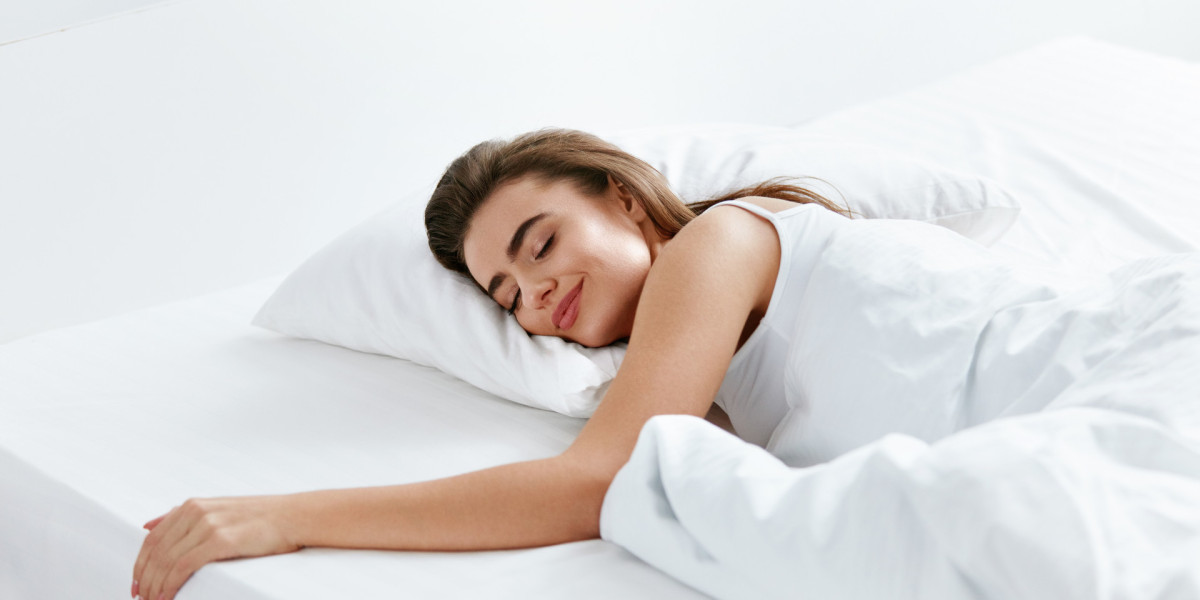This article was originally published by tripoto.com. Read the original article here.
In order to preserve general health and well-being, one must get enough sleep. A healthy way to sleep involves both quantity and quality of rest, ensuring that your body and mind can fully recharge and recover. Remember that good sleep is just as crucial as proper nutrition, regular exercise, and effective stress management in promoting overall health. In this article, we'll explore the concept of sleep hygiene and offer practical tips to help you develop habits that support a good night's rest.
Understanding Sleep Hygiene
Good sleep hygiene refers to the practices and habits that contribute to consistent, high-quality sleep. By cultivating good sleep hygiene, you can improve the duration and quality of your rest, leading to better physical and mental health. Key components of sleep hygiene are as follows:
- Establishing a Regular Sleep Schedule
Maintaining a consistent sleep schedule is one of the most critical aspects of sleep hygiene. Going to bed and waking up at the same time each day, even on weekends, helps regulate your body's internal clock, making it easier to fall asleep and wake up feeling refreshed. Aim for 7-9 hours of sleep each night to support optimal health.
- Creating a Sleep-Conducive Environment
Your sleeping environment significantly influences your sleep quality. To create a healthy sleep pattern, consider the following tips:
- Keep your bedroom cool, dark, and quiet: A slightly cooler temperature and minimal light and noise can help signal to your body that it's time to rest.
- Invest in a comfortable mattress and pillows: Your sleep surface should support your preferred sleeping position and provide the appropriate level of firmness for your comfort.
- Remove electronic devices: Screens emit blue light, which can disrupt your natural sleep-wake cycle. Consider removing televisions, computers, and smartphones from your bedroom.
- Adopting Relaxation Techniques
Incorporating relaxation techniques into your nighttime routine can help you unwind and prepare your body and mind for sleep. Consider trying the following methods:
- Deep breathing exercises: Practice slow, deep breaths to help calm your nervous system and promote relaxation.
- Progressive muscle relaxation: Tense and relax muscle groups throughout your body to release tension and encourage physical relaxation.
- Mindfulness meditation: Focus on the present moment, gently guiding your thoughts back to your breath or a specific mantra to promote mental calmness.
The Final Note
Sleep hygiene is essential to achieving a healthy and balanced lifestyle. By focusing on creating and maintaining habits that support restorative sleep, you can experience improvements in your physical, mental, and emotional well-being. Continuously refine your sleep practices, stay mindful of potential sleep challenges, and seek professional guidance when needed to ensure that you're consistently enjoying the benefits of a restful night. If you're seeking guidance and support in your journey toward better sleep and overall wellness, consider exploring the resources offered by Stanford Lifestyle Medicine. For further details, visit this website - http://longevity.stanford.edu/lifestyle.



